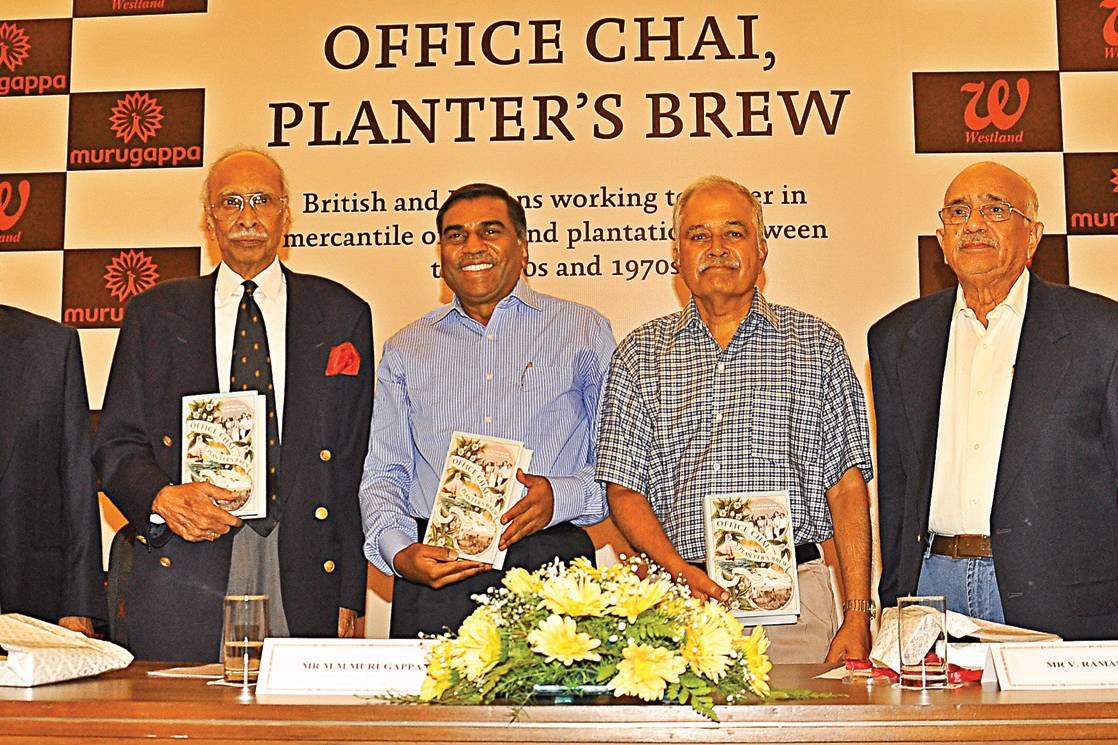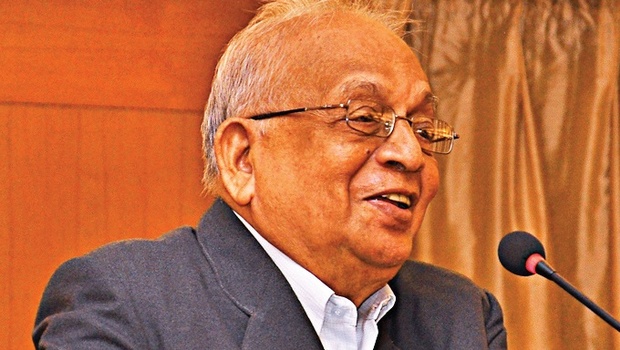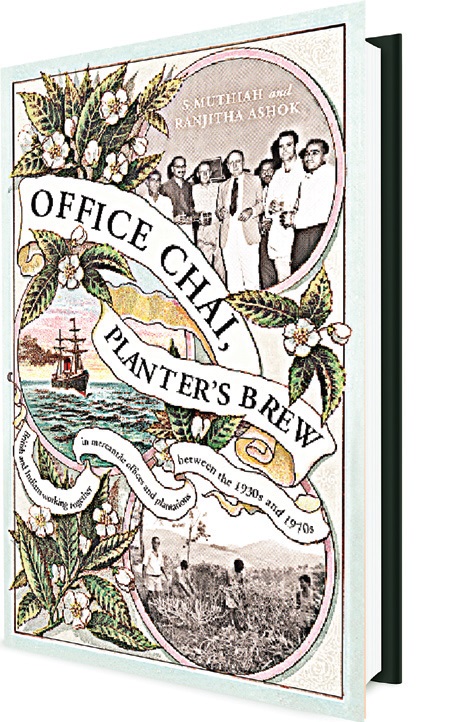Chennai :
Your chances of being hired increased exponentially if you played a game like cricket or hockey. You could get club memberships as part of your ’employee benefits’ and in the first few years of your career, you were not allowed to get married!
This was the scene in India just before and after independence, when the first Indian company managers were still finding their feet under the British. A newly released book has shed some light on those interesting times. Office Chai, Planter’s Brew was compiled by S Muthiah and Ranjitha Ashok and published by Westland. It weaves together interesting anecdotes from first-hand accounts.
The book contains 50 absorbing accounts of Indians and Britishers working together between the 1930s and 1970s all over the country — Binnys with P.Orr and Sons; Ashok Leyland with Brooke Bond and so on.

This era marked a transition – these Indian managers were the last generation to work closely with the British. “More importantly, they were the first generation of Indian company managers,” says Muthiah. In those days, there was no obsession with college degrees. If they had certain skills, they were likely to make it, he explained. “If they came from a good family, had good manners, good communication skills and played a team sport, they had a good chance of being hired,” he said and added that this method of recruitment deserves to be looked into even today. Involvement in sports like cricket meant you were a team player, and this brought together everyone in the company on a level playing field. Be it an assistant manager or a covenanted assistant and once you reach a certain level, a club membership was a given, initially only to Britishers but later on the privileges were made available to some Indians as well. Be it Gymkhana or Madras Club, you had to be part of a priveleged social circle to get in. Especially, in tea plantations, a club would be attached to the company. “All these clubs still survive,” notes Muthiah.
And those were the times when you had less to worry about. “The Britishers were generally fair at the work place and if you worked hard, you could do well for yourself. Caste or creed did not play a role… and you didn’t have to worry much about things like bribes and corruption, things were smoother,” says Muthiah. Irrespective of what post you held, you had to get your hands dirty on the shop floor. For instance, even if you had a BSc degree, you had to have knowledge of sugar-crushing machine and you had to know how to clean it too!”
Speaking about how things have changed, co-author Ranjitha Ashok says, “There are certainly more women at the work place today, although the numbers are still too small. Technology and communication, including the speed with which you connect with people these days are, along with concepts like e-commerce redefining business and changing working styles and methods.”
Speaking about how they went about compiling stories and getting interviews, Ranjitha recalls, “We started by hoping we’d get enough stories and we managed to get 50! It was amazing how, once we began, stories and people willing to share their experiences surfaced – all of them so supportive of this project. Challenges did not stop with locating names and contacts – things like age and fading memories were also matters of concern.” On the role of women, Ranjitha lamented, “Sadly, women were both underestimated and unrecognised at the work place. But as has always happened in all situations that involve women – they managed to work in the environment around them, displaying that inherent ability to adapt and rise to the occasion.”
She added that women handled all of this very well, in spite of finding suddenly that they had to lead very different lives from the older ladies in their own families. She added that it was remarkable how well they handled it with no role-models to draw upon.
Quirky Times
Britishers couldn’t travel on buses (because it would pull down their status)
Couldn’t get married during the first few years on the job
Informal bosses — one recruit, who went all suited up for his job interview, remembers his interviewer was at a swimming pool wearing shorts, with a bottle of beer sitting right next to him.
source: http://www.newindianexpress.com / The New Indian Express / Home> Cities> Chennai / by Varun B. Krishnan / June 04th, 2016

